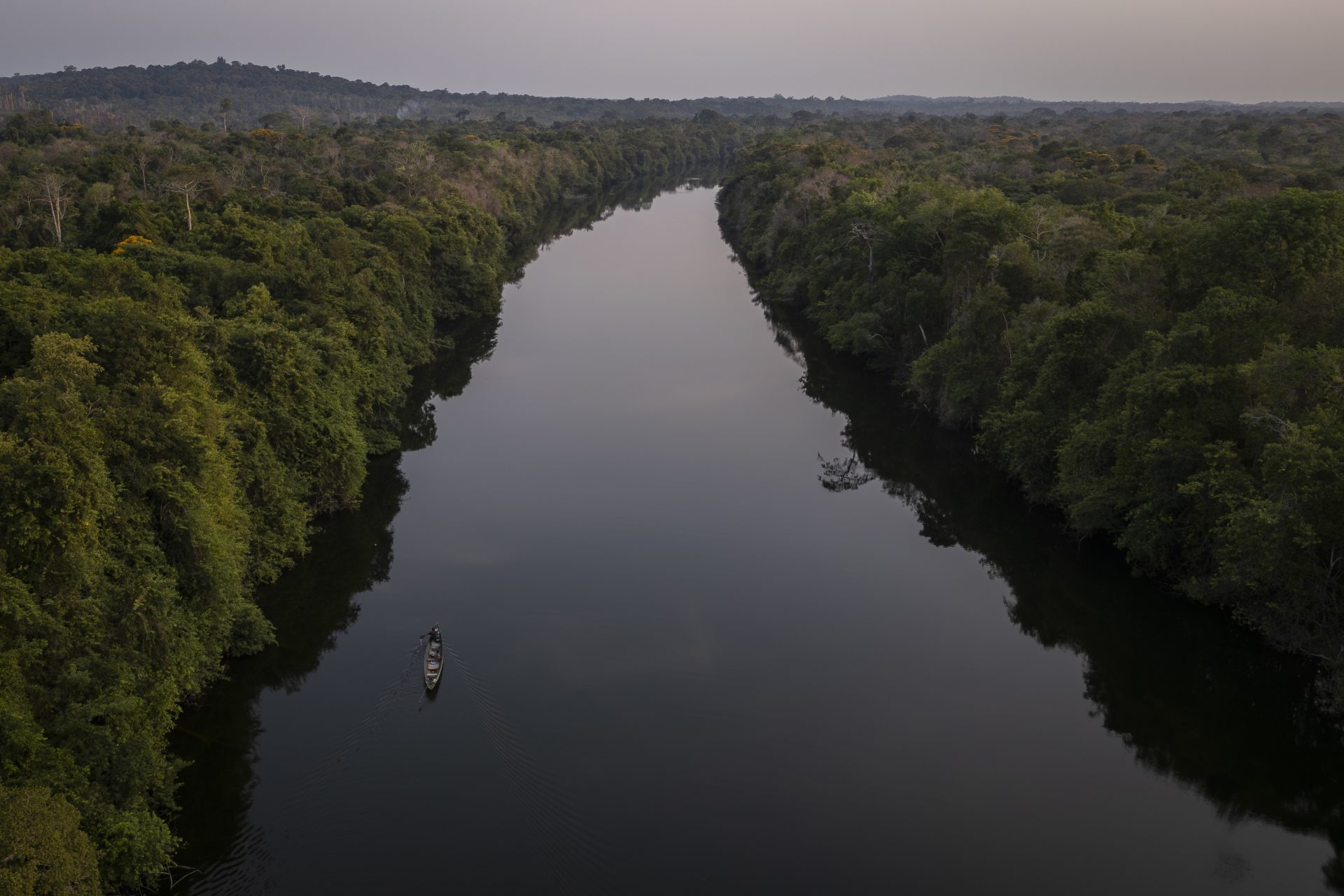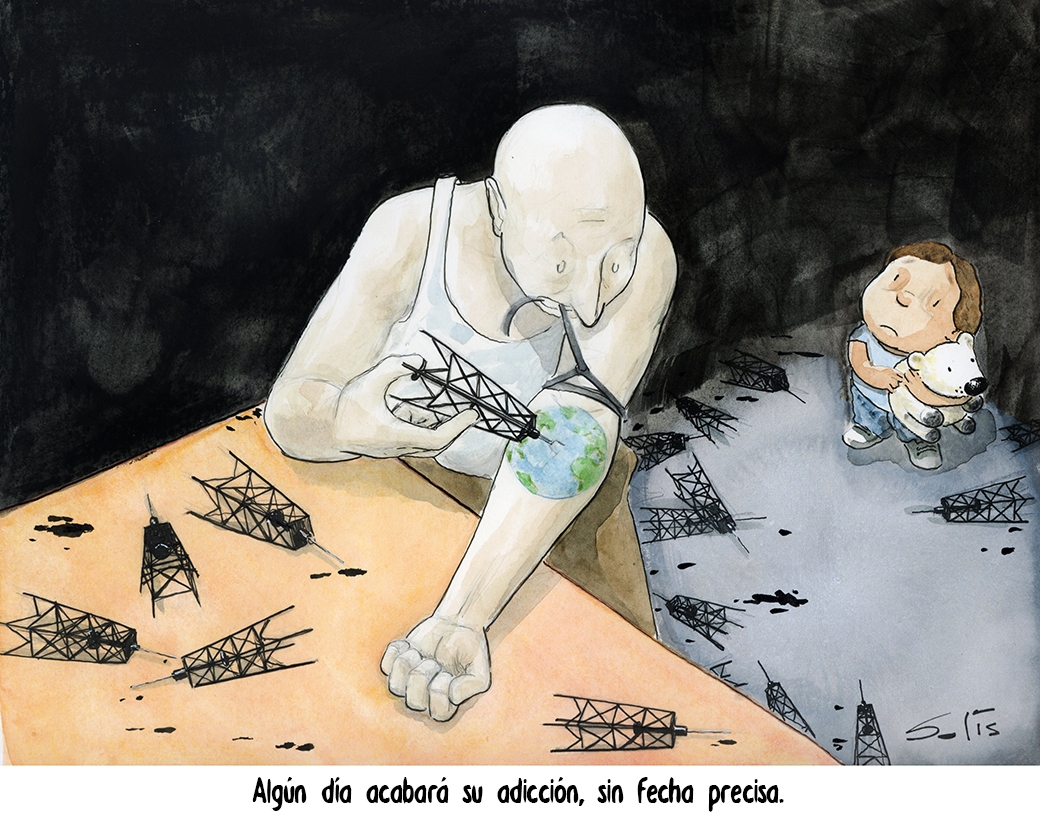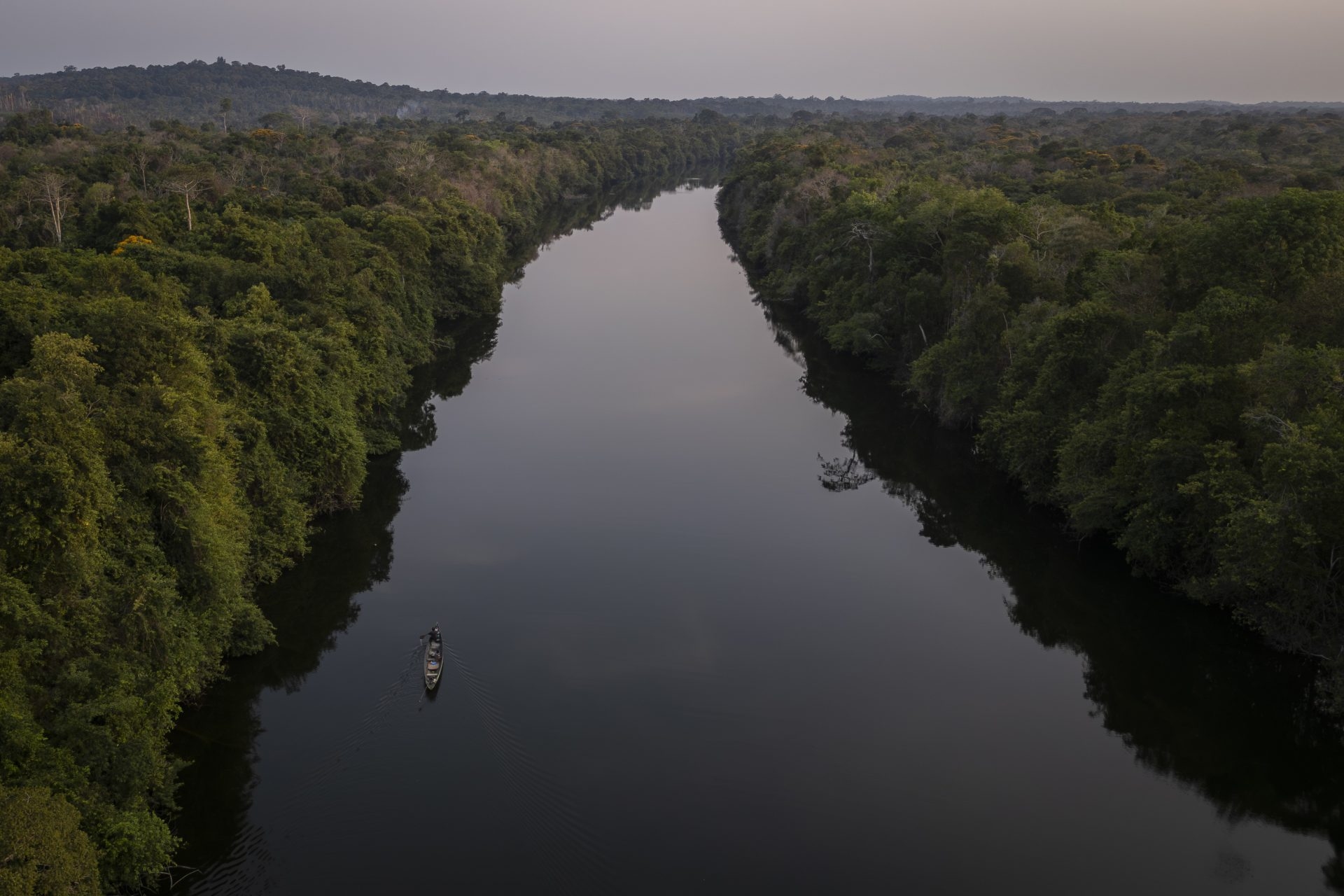The Tropical Forests Forever Fund, Brazil's big bet at COP30, which already totals 5.5 billion

Mari Navas
Madrid – One of the major initiatives of Brazil's presidency of COP30, being held in Belém, is a new fund to reward countries that protect their tropical forests. Known as the Tropical Forests Forever Fund (FTTT), it was officially launched this Thursday by President Luiz Inácio Lula da Silva and, in less than a day, has already secured investment pledges of $5.5 billion (almost €4.8 billion).
Pedro Sánchez announces more funds to combat climate change and the risk posed by its deniers
Brazil's commitment to this initiative is not new. The fund had been on the lips of the country's government since COP28 in November 2023, and had been mentioned on more than one occasion by its president, Luiz Inácio Lula da Silva, who this Thursday argued that the initiative was the best way to "move from the era of donations" to one of investment.
What is this fund?According to the project's updated concept note, the Tropical Forests Forever Fund (TFFF), conceived by Brazil along with ten other countries, is an initiative aimed at mobilizing substantial and permanent financing, both public and private, to support countries with tropical and subtropical forests in their conservation and restoration.
The initiative seeks to conserve more than one billion hectares of rainforest by investing up to $125 billion in financial markets, with the returns being distributed among the countries that preserve them.

Specifically, Brazil expects nations to invest $25 billion during the fund's first few years, with the aim of raising another $100 billion in senior capital from the private sector.
Governments will therefore accept the role of junior capital, meaning that if something goes wrong, they will absorb the losses first, while private investors will assume less risk, as they will have priority in recovering their money. Thus, the initiative hopes to attract the private sector.
This capital base will be invested in a diversified portfolio of long-term, high-rated bonds, taking into account sustainability criteria, and the income generated will be used to help countries with tropical forests.
Generate approximately $4 billion annuallyOfficials anticipate that the mechanism will generate approximately $4 billion annually for environmental conservation, nearly tripling the amount invested globally in protecting tropical forests.
It is a trust fund, like the Green Climate Fund, in which governments and the private sector are the contributors, while the World Bank acts as trustee and countries with this type of forest are the final beneficiaries.
The Brazilian government estimates that each beneficiary country will be able to receive up to four dollars per hectare of forest preserved and that 20% of what arrives in each country will be allocated to payments to indigenous peoples and local communities.

In total, "significant" annual payments will be made to up to 74 developing nations that together represent more than one billion hectares of forest.
To ensure the objective is met, the FTTT plans to use satellite monitoring systems that track forest cover, deforestation, and degradation to guarantee transparency and quality standards. Participating countries will be required to submit annual reports to the fund demonstrating their conservation efforts.
These, on the other hand, will have autonomy to define the final destination of the resources.
Brazil is home to most of the world's largest rainforest, the Amazon, and has sought to give it a leading role. So much so, that it has chosen Belém as the venue for COP30.
The country has been working on this proposal together with beneficiary countries that have crucial rainforests (Colombia, Democratic Republic of Congo, Ghana, Indonesia and Malaysia) and potential donors (France, Germany, Norway, United Arab Emirates and United Kingdom).
On the first day of the COP30 summit of heads of state, held in the Amazonian city of Belém, 53 nations have joined the initiative, including Mexico, Panama, Peru and the European Union.
COP30 in Latin America: between adaptation, transition and oil
Among the donors, Norway has announced it will contribute $3 billion if there are significant contributions from others; while France has pledged $500 million and Portugal $100 million.
The signatories include 34 countries from the Amazon, Congo and Borneo-Mekong basins, which together are home to more than 90% of tropical and subtropical forest cover in developing countries.
Environmental organizations celebrate itEnvironmental organizations such as WWF and Greenpeace have celebrated the launch of this fund. In a statement, the former NGO congratulated Brazil "for its visionary leadership," calling it "a historic milestone in forest protection and global climate finance."
"The TFFF is also a definitive legacy of the Belém COP: a collective effort that unites the responsibility of governments, the essential role of local communities and the strength of the financial sector around a common goal," said WWF, which hopes that this fund will change "forever" the way the world finances conservation.
With Sánchez and Von der Leyen, but without Trump: the big absences at the COP30 leaders' summit
For its part, Greenpeace has acknowledged in statements sent to the media that the launch of this fund "is a step forward in ending deforestation," although it maintains that there are still "gaps in its ability to become a credible financial instrument for the protection of high-integrity tropical forests."
"The mechanism can and should be improved to address some of its shortcomings, but it is a step in the right direction, as it values existing forests and guarantees direct access to resources for indigenous peoples and local communities," said Carolina Pasquali, executive director of Greenpeace Brazil.
The importance of tropical forestsIn addition to cleaning the atmosphere and harboring ecosystems that would not otherwise exist, tropical forests store large amounts of CO2.
According to the Intergovernmental Panel on Climate Change (IPCC), tropical forests are vital for mitigating climate change, as they act as carbon sinks. However, between 1990 and 2020, more than 420 million hectares were lost due to deforestation, threatening "biodiversity, environmental services, the livelihoods of forest communities, and resilience to climate shocks." EFEverde
efeverde





